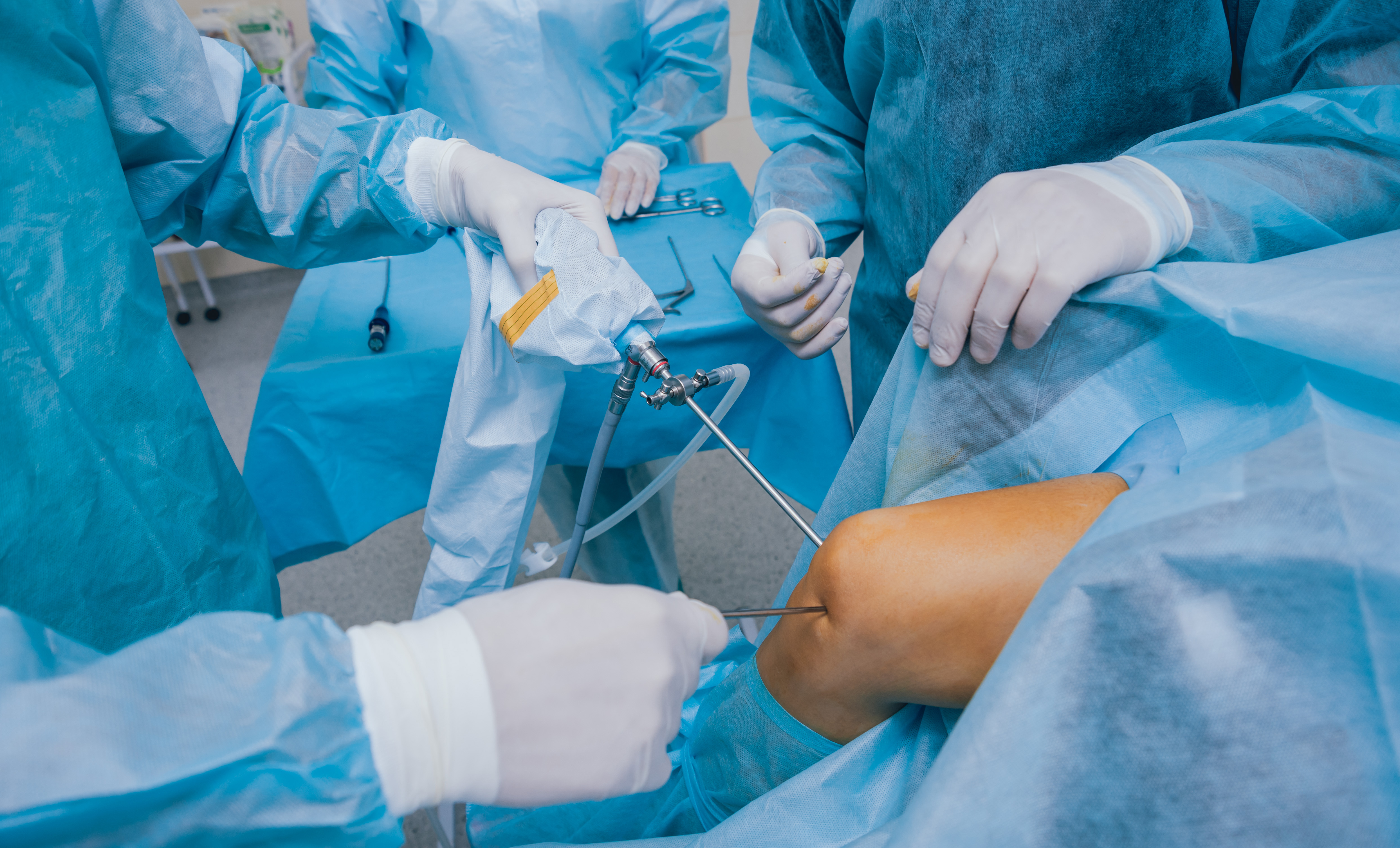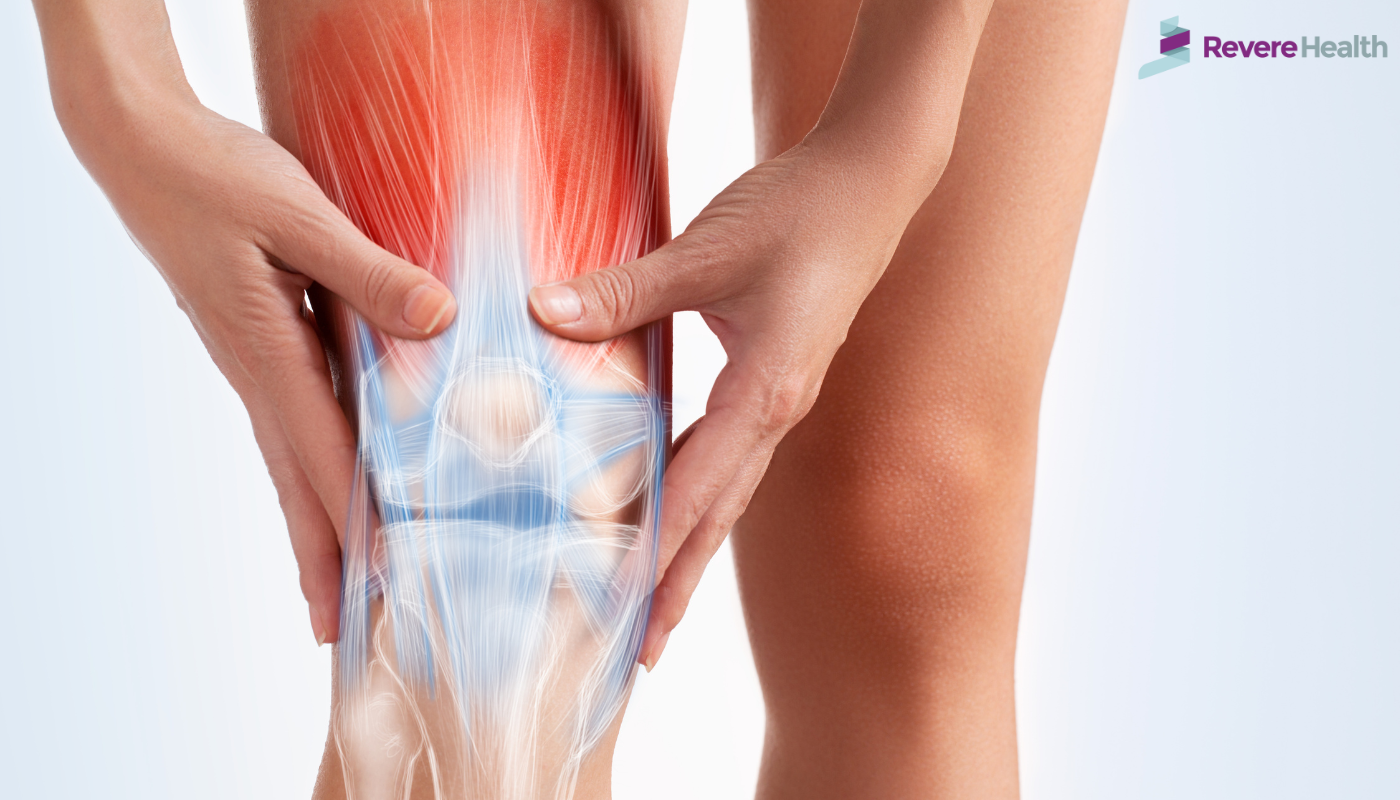Labral Tear FAQs

The shoulder is one of the most mobile joints in the body, but having extreme mobility puts a demand on the structure of the shoulder, which consists of three bones and a complex system of ligaments, tendons and muscles. That demand can cause the labrum to tear. What is a labral tear? The labrum makes up part of the shoulder socket, helping the humerus bone fit deeper into the scapula. The labrum acts as a stabilizer in the shoulder, permitting range of motion while also limiting excessive motion. Injuries to the labrum cause it to tear, which causes a flap of tissue to move in and out of the joint, causing pain. A torn labrum causes the shoulder to be less stable. What does a labral tear feel like? A labral tear may ache for a long time after you perform certain shoulder movements. It might feel as if there’s a catching sensation in your shoulder or you may feel a sharp pop. The shoulder will probably feel loose. How is a labral tear diagnosed? A labral tear can be difficult to see, e...

